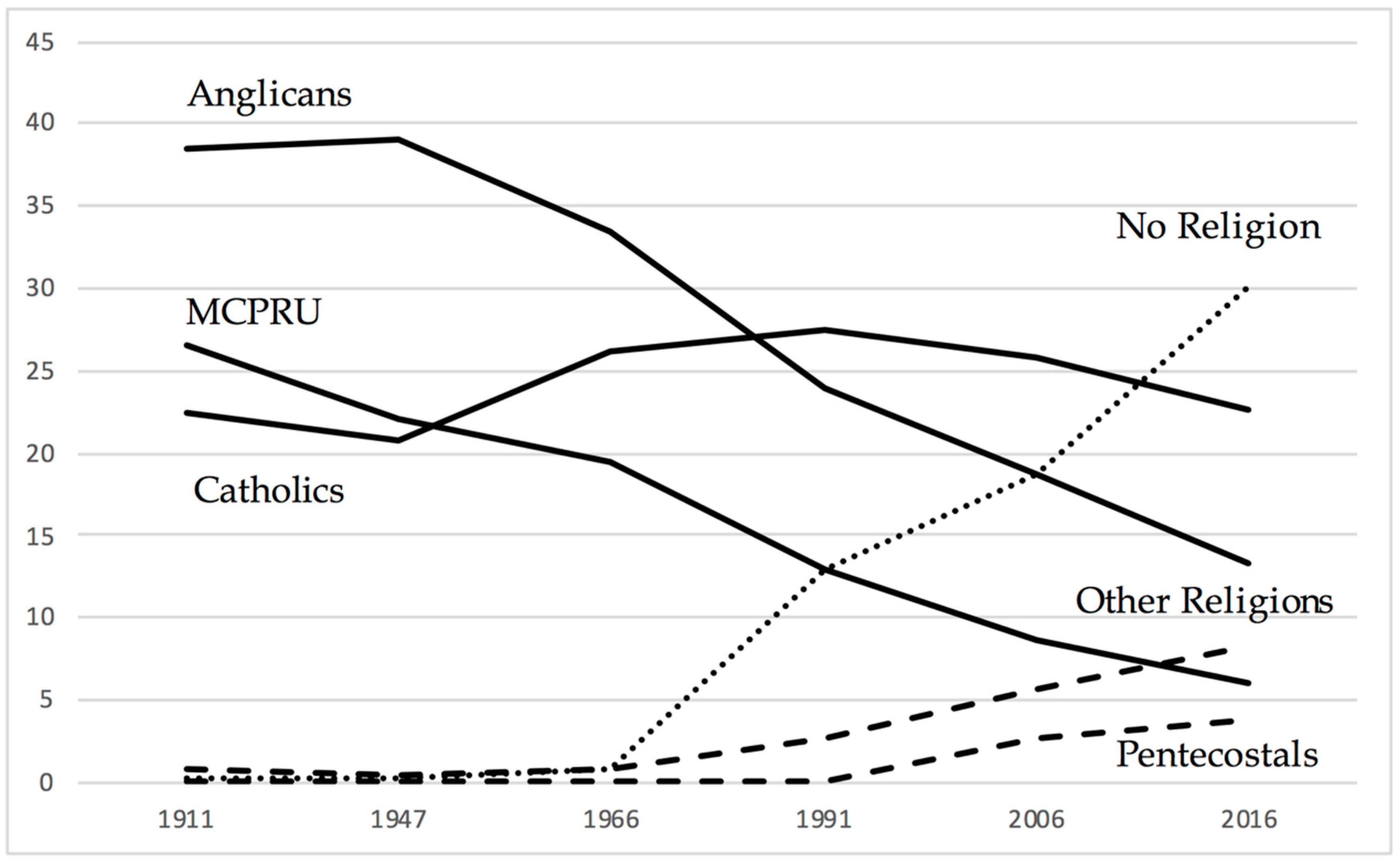

If an employer has a dress or grooming policy that conflicts with the practices or beliefs of an employee's religion, the employee may ask for an exception to the policy as a reasonable accommodation. Reasonable accommodations can also include dress or grooming practices related to an employee’s religious beliefs, such as wearing particular head coverings or other religious dress, or wearing certain hairstyles or facial hair. Examples of reasonable accommodations for religion are flexible scheduling, voluntary substitutions or swaps, job reassignments and lateral transfers.
Refuse to accommodate an employee’s religious dress or grooming practices, except when the accommodation would cause undue hardship or safety concernsĪn employer can claim undue hardship when asked to accommodate an employee's religious practices if it is costly, compromises workplace safety, decreases workplace efficiency, infringes on the rights of other employees, or requires other employees to do more than their share of potentially hazardous or burdensome work.Įmployers are required to reasonably accommodate the religious practices of an employee or prospective employee.  Refuse to allow observance of a Sabbath or religious holiday, unless the employer can prove that not doing so would cause an undue hardship. Inquire about an applicant's future availability at certain times. Schedule examinations or other selection activities in conflict with a current or prospective employee's religious needs. The law applies to private employers with 15 or more employees, and to all state and local governmental entities no matter how many employees they have.įor example, employers cannot do any of the following: Texas Labor Code Chapter 21 (Chapter 21) and Title VII of the Civil Rights Act (Title VII) prohibit employers from discriminating against individuals because of their religion in hiring, termination and other terms and conditions of employment.
Refuse to allow observance of a Sabbath or religious holiday, unless the employer can prove that not doing so would cause an undue hardship. Inquire about an applicant's future availability at certain times. Schedule examinations or other selection activities in conflict with a current or prospective employee's religious needs. The law applies to private employers with 15 or more employees, and to all state and local governmental entities no matter how many employees they have.įor example, employers cannot do any of the following: Texas Labor Code Chapter 21 (Chapter 21) and Title VII of the Civil Rights Act (Title VII) prohibit employers from discriminating against individuals because of their religion in hiring, termination and other terms and conditions of employment. 
To learn more about the complaint process, see How to Submit an Employment Discrimination Complaint.

If you believe you may have been discriminated against in employment due to your religion, you may submit a discrimination complaint through the TWC Civil Rights Division.








 0 kommentar(er)
0 kommentar(er)
